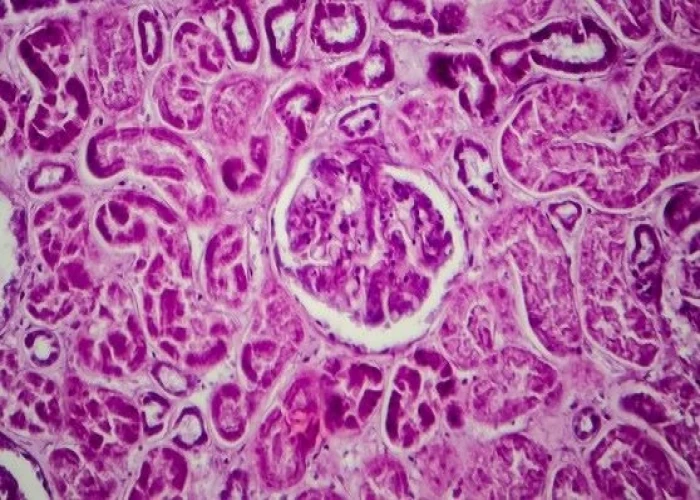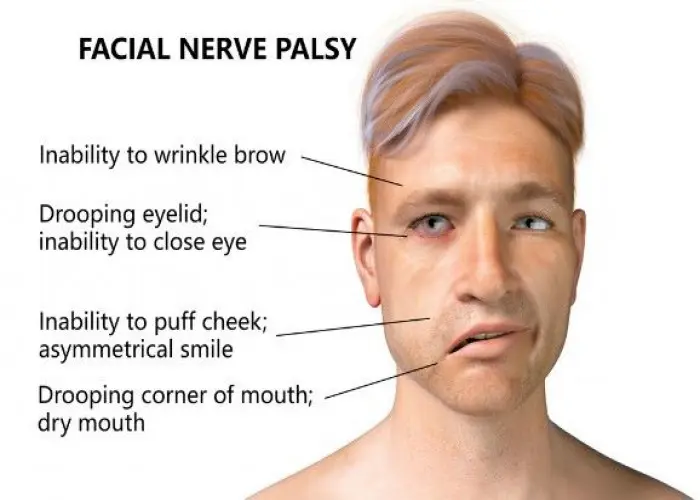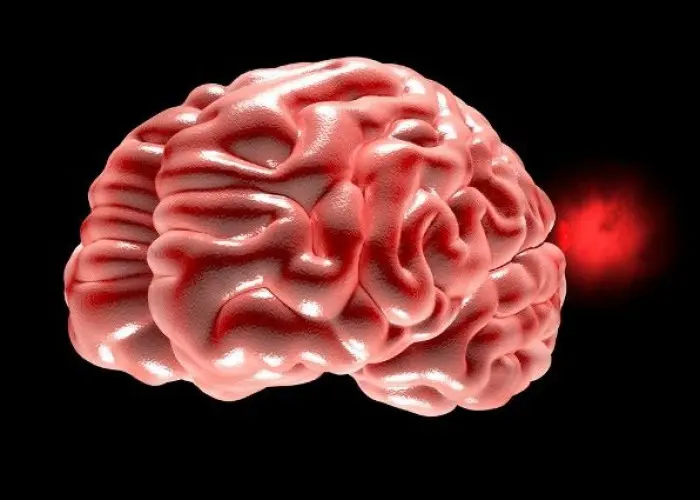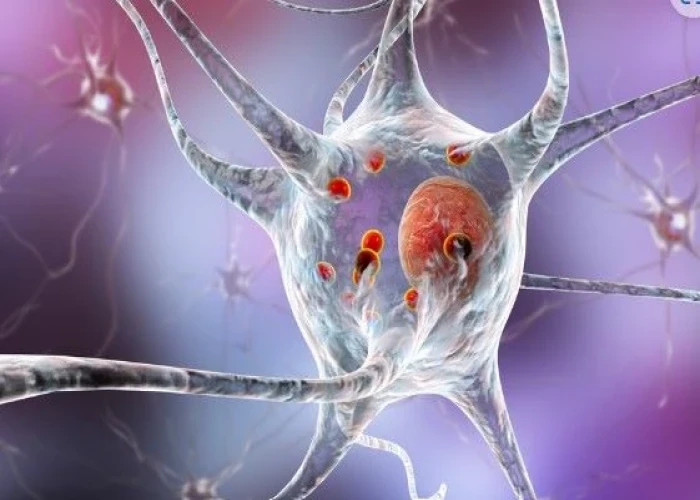 Welcome
Welcome
“May all be happy, may all be healed, may all be at peace and may no one ever suffer."
Eating disorders

Eating disorders are serious mental health conditions characterized by unhealthy eating behaviors, distorted body image, and preoccupation with food, weight, and body shape. Eating disorders can affect people of any age, gender, or ethnicity and can have serious physical and psychological consequences.
There are several types of eating disorders, including:
- Anorexia nervosa: a condition in which a person restricts their food intake and becomes very underweight, often with a distorted body image and an intense fear of gaining weight.
- Bulimia nervosa: a condition in which a person engages in binge eating and then tries to compensate by purging (e.g. inducing vomiting or using laxatives), fasting, or excessive exercise.
- Binge-eating disorder: a condition in which a person regularly engages in episodes of excessive eating (binging) without compensatory behaviors.
Other types of eating disorders include avoidant/restrictive food intake disorder (ARFID), pica, and rumination disorder.
The causes of eating disorders are complex and may involve a combination of genetic, biological, psychological, and social factors. Treatment typically involves a multidisciplinary approach, including therapy, nutritional counseling, and, in some cases, medication.
If you or someone you know is struggling with an eating disorder, it's important to seek help from a healthcare professional experienced in treating eating disorders. Early intervention and treatment can improve the chances of a successful recovery.
Research Papers
Disease Signs and Symptoms
- Eating disorder
Disease Causes
Eating disorders
The exact cause of eating disorders is unknown. As with other mental illnesses, there may be many causes, such as:
- Genetics and biology. Certain people may have genes that increase their risk of developing eating disorders. Biological factors, such as changes in brain chemicals, may play a role in eating disorders.
- Psychological and emotional health. People with eating disorders may have psychological and emotional problems that contribute to the disorder. They may have low self-esteem, perfectionism, impulsive behavior and troubled relationships.
Disease Prevents
Eating disorders
Although there's no sure way to prevent eating disorders, here are some strategies to help your child develop healthy-eating behaviors:
- Avoid dieting around your child. Family dining habits may influence the relationships children develop with food. Eating meals together gives you an opportunity to teach your child about the pitfalls of dieting and encourages eating a balanced diet in reasonable portions.
- Talk to your child. For example, there are numerous websites that promote dangerous ideas, such as viewing anorexia as a lifestyle choice rather than an eating disorder. It's crucial to correct any misperceptions like this and to talk to your child about the risks of unhealthy eating choices.
- Cultivate and reinforce a healthy body image in your child, whatever his or her shape or size. Talk to your child about self-image and offer reassurance that body shapes can vary. Avoid criticizing your own body in front of your child. Messages of acceptance and respect can help build healthy self-esteem and resilience that will carry children through the rocky periods of the teen years.
- Enlist the help of your child's doctor. At well-child visits, doctors may be able to identify early indicators of an eating disorder. They can ask children questions about their eating habits and satisfaction with their appearance during routine medical appointments, for instance. These visits should include checks of height and weight percentiles and body mass index, which can alert you and your child's doctor to any significant changes.
If you notice a family member or friend who seems to show signs of an eating disorder, consider talking to that person about your concern for his or her well-being. Although you may not be able to prevent an eating disorder from developing, reaching out with compassion may encourage the person to seek treatment.
Disease Treatments
Treatment of an eating disorder generally includes a team approach. The team typically includes primary care providers, mental health professionals and dietitians — all with experience in eating disorders.
Treatment depends on your specific type of eating disorder. But in general, it typically includes nutrition education, psychotherapy and medication. If your life is at risk, you may need immediate hospitalization.
Healthy eating
No matter what your weight, the members of your team can work with you to design a plan to help you achieve healthy eating habits.
Psychotherapy
Psychotherapy, also called talk therapy, can help you learn how to replace unhealthy habits with healthy ones. This may include:
- Family-based therapy (FBT). FBT is an evidence-based treatment for children and teenagers with eating disorders. The family is involved in making sure that the child or other family member follows healthy-eating patterns and maintains a healthy weight.
- Cognitive behavioral therapy (CBT). CBT is commonly used in eating disorder treatment, especially for bulimia and binge-eating disorder. You learn how to monitor and improve your eating habits and your moods, develop problem-solving skills, and explore healthy ways to cope with stressful situations.
Medications
Medication can't cure an eating disorder. However, certain medications may help you control urges to binge or purge or to manage excessive preoccupations with food and diet. Drugs such as antidepressants and anti-anxiety medications may help with symptoms of depression or anxiety, which are frequently associated with eating disorders.
Hospitalization
If you have serious health problems, such as anorexia that has resulted in severe malnutrition, your doctor may recommend hospitalization. Some clinics specialize in treating people with eating disorders. Some may offer day programs, rather than full hospitalization. Specialized eating disorder programs may offer more intensive treatment over longer periods of time.
Disease Diagnoses
Disease Allopathic Generics
Disease Ayurvedic Generics
Disease Homeopathic Generics
Disease yoga
Eating disorders and Learn More about Diseases

Lupus nephritis

Facial palsy

High blood pressure in children

Panic attacks and panic disorder

Ascites

Fibromuscular dysplasia

Radiation enteritis

Lewy body dementia
eating disorders, খাওয়ার রোগ
To be happy, beautiful, healthy, wealthy, hale and long-lived stay with DM3S.
